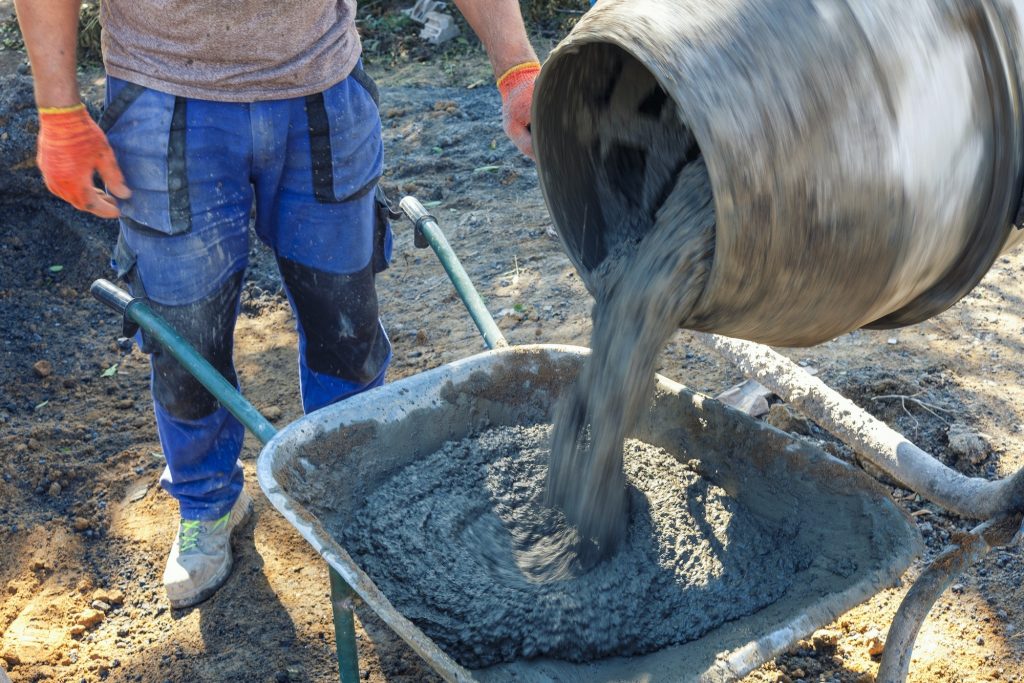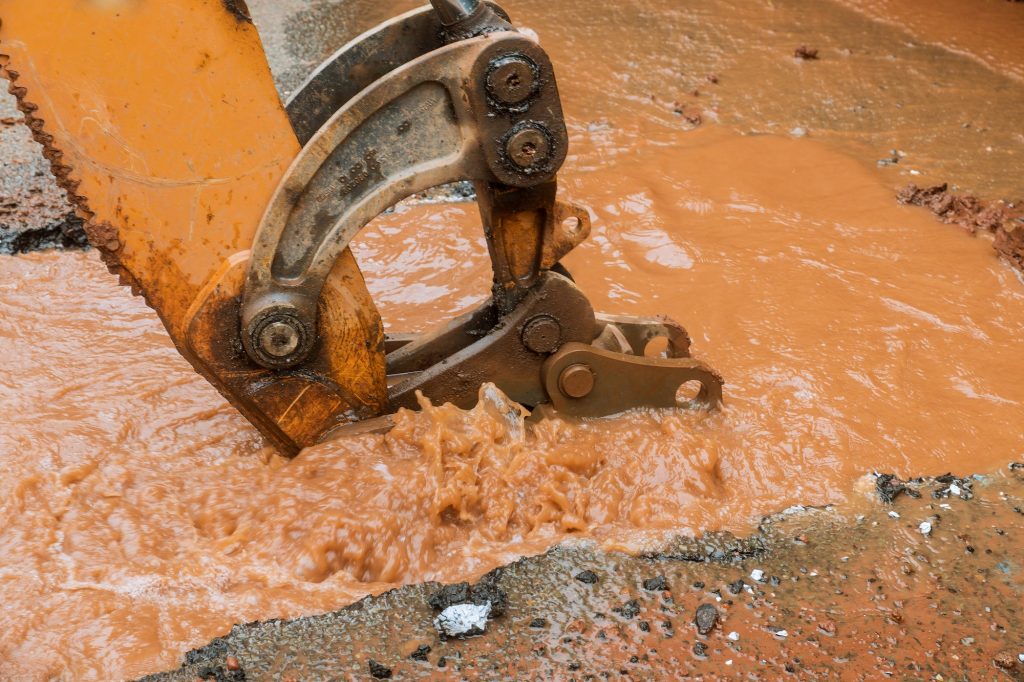Is Boiling Water Better Than a Water Filter?
Using boiling water to purify water isn’t as efficient as a reverse osmosis filter. Although a reverse osmosis filter removes 99.9% of total dissolved solids, boiling water does not remove any microbes or pathogens.
Reverse osmosis filters remove 99.9% of total dissolved solids
Using reverse osmosis filters is an effective method of removing total dissolved solids (TDS) and other contaminants from water. The process of reverse osmosis is a chemical filtration process that uses high pressure and a semi-permeable membrane to force water through a series of filters. The results are almost pure water that is potable.
Reverse osmosis is a type of water treatment that is widely used for industrial, military and domestic applications. It removes most of the harmful microorganisms, colloids and dissolved inorganics from water.
The process works by separating the smallest water particles from the larger ones. A reverse osmosis filter may need to be changed periodically to ensure that it is working properly.
When choosing a reverse osmosis system, choose one with a TDS rating of at least 300 ppm. This will ensure that it will effectively filter out most of the contaminants in your water. It also improves the taste and health of your water.
The best reverse osmosis systems usually include a remineralization filter. This filter helps to increase the minerals in your water. The reintroduction of minerals increases the health of your water and decreases the risk of contamination.
A TDS meter is the easiest way to measure the level of TDS in your water. TDS is a combination of dissolved metals, inorganics and minerals. The higher the amount of TDS in your water, the worse your water will taste.
You should not use a reverse osmosis unit as your primary source of bacteria removal. It should be used in conjunction with other water filtration techniques.
If you are concerned about your water, ask a professional about testing your water. A water treatment technician can provide advice about a wide range of water quality issues.
Microbes
Using boiling water for drinking is not the most dependable way to keep your water safe and free of harmful bacteria. The process may leave behind heavy metals and other dangerous substances. While it can help improve the taste of your water, it is not necessarily the most effective way to purify it.
The CDC and other public health agencies recommend that you boil your water before consumption, but there are other ways to protect yourself from the hazards of tap water. For example, filtration is a much safer and more cost-effective method for removing chemicals and other impurities.
A recent study suggests that the benefits of drinking filtered water outweigh the risks. However, this study also found that filtered water is not a substitute for drinking plain old tap water.
The good news is that you can filter your water to remove most contaminants. Depending on the quality of your tap water, filtered water will not only improve the taste of your water, it can also make it safer to drink.
Moreover, a filtered water pot will contain a sealed lid, making it much easier to clean. Filtration devices come in many different styles and sizes, with various filtering capabilities. The key is to choose a product that suits your needs and budget.
While the CDC and other health organizations recommend that you boil your water, the best way to protect yourself from the hazards of contaminated water is to filter it. Filtering your water will allow you to drink more of it, which is healthier for you. This may be especially important for infants and older adults, who are more vulnerable to waterborne illnesses.
Another option is to use a chemical disinfection to disinfect your water. While this method does kill most disease-causing bacteria, it does not have the same disinfecting power as boiling.
Pathogens
Using boiling water to disinfect water is considered the best practice when it comes to killing pathogens. The heat derived from boiling destroys the structural components of the bacteria, protozoa and viruses.
The heat of boiling water vaporizes the outer layers of these pathogens and damages their important proteins. The temperature should be at least 140 degrees Fahrenheit.
The Centers for Disease Control recommends boiling tap water for at least one minute to get rid of the majority of bacteria, viruses and other pathogens. This process can also be used during an emergency, when other methods are unavailable. Nevertheless, it is not the only way to make sure your drinking water is safe.
Chemical disinfection is often used for this purpose, and it can be very effective. However, it may not be as effective for killing resistant germs as boiling.
In some cases, a combination of heating and chemical disinfection is necessary to kill pathogens. In some cases, this could be a good idea, especially in areas where electricity is scarce. But in other cases, boiling is still the most practical solution.
While boiling is the most common method of purifying water, it does not remove all contaminants. For example, chlorine is not removed with boiling. It can combine with other substances and can leave the water contaminated.
Although the CDC recommends boiling water for one minute, it is not the only way to disinfect water. Various other water treatment devices are available, such as aerators. These units are typically found in homes and businesses and are designed to address specific water quality issues. They can also be used to treat water with an objectionable smell. But they do not do a lot of the work needed to keep your drinking water sterile.
Safer to drink
Using boiling water is one way to clean the water in your home. However, it does not completely purify the water. It will kill bacteria, but it will not remove other contaminants, heavy metals, or dissolved materials. If you are looking for a safer alternative, filtered water is a better choice.
While the benefits of boiling water are obvious, it is not a method that is routinely used to treat drinking water. The process is time-consuming, expensive, and inconvenient.
Whether or not it’s safe to drink boiled water depends on the environment where you live. If you live in a tropical climate, your boiled water may contain traces of harmful elements. In addition, boiled water will have a flat taste. In order to be safe, you should use a clean, well-ventilated container to store your boiled water.
Although boiling water is a good disinfectant, it’s not effective for killing resistant bacteria. Instead, chemical disinfectants are recommended. They can make small amounts of water safe to drink. These chemical disinfectants can kill most disease-causing bacteria. They also work on waterborne viruses.
If you don’t have the money to buy a water filter, you can try a reverse osmosis system. These systems can eliminate 99% of contaminants, including arsenic, lead, and chlorine. They can also remove pesticides and fluoride.
A reverse osmosis system will also eliminate organic compounds. You should be careful to follow the manufacturer’s instructions to use it correctly.
In addition, while evaporation can help remove chlorine, it can leave behind heavy chemicals. If you want to keep the dissolved oxygen in the water, you should not use a water filter. If the TDS levels are high, dissolved oxygen will not have an impact on the taste of your water.
Cost-effective
Using a cost effective boiling water filter is a good way to purify your tap water. However, there are a few things you should know before you make the plunge.
Boiling water removes bacteria and pathogens, but it can’t remove harmful substances. This means that the quality of your boiled water will be inferior to filtered water.
Boiling can also leave behind dangerous chemicals, heavy metals, and dissolved solids. These contaminants will remain in the liquid water.
Although a boiling water filter is a good choice for home water treatment, it’s not a great option if you live in an area with a known water crisis. You might not have the time or resources to boil water on a regular basis, and in an emergency, it may not be practical.
For many people, the idea of boiling water to purify the water they drink is appealing. But the process can be inconvenient and expensive.
A filtration system, on the other hand, costs a fraction of the price of bottled water. It also offers the convenience of a faucet drinking water filter and the power of a shower head chlorine filter. Plus, it’s more environmentally friendly and efficient.
When it comes to cleaning up the water in your home, a reverse osmosis system can remove chlorine, arsenic, pesticides, and lead. While these systems can be costly, they offer a lot of benefits.
Boiling water is an old method for home water treatment, but it isn’t as effective as it once was. It can leave behind trace amounts of impurities and can take a long time to cool.
Another advantage of a filtration system is that it will remove traces of contaminants, such as odors and water stains. If you’re concerned about the taste of your tap water, a filter will help you eliminate the nasty tastes and make it safe to drink.



